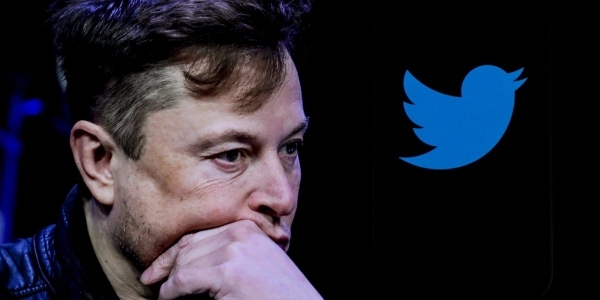
Twitter’s chief Elon Musk suspended Kanye West’s account last week after the rapper known legally as Ye posted a photo of a swastika inside the Star of David.
The Tesla billionaire previously chose to reinstate West’s account that was suspended for anti-Semitic remarks in October, before Musk took over the social media platform.
“I tried my best. Despite that, he again violated our rule against incitement to violence,” Musk wrote.
But despite his decision to remove West, individual judgments on what qualifies as hateful speech from the richest man in the world do not make a coherent content moderation strategy, according to the Anti-Defamation League’s CEO, Jonathan Greenblatt.
“We all want to give Elon an opportunity, but he’s got to show some progress,” Greenblatt told CNBC on Monday. “He personally intervened about Kanye and took that account down. He personally intervened [with] another account a few weeks ago that was promoting anti-Zionist hate—that’s great. But we need clear policies, not personal intervention.”
Musk has portrayed himself as a free-speech advocate and has said that he purchased Twitter for “the future of civilization to have a common digital town square, where a wide range of healthy beliefs can be debated in a healthy manner.” But his takeover of Twitter was followed shortly by an increase in hateful speech. Soon after Musk took over, he laid off around 50% of the company, including members of the content moderation team. Yoel Roth, the head of Twitter’s trust and safety team, left the company last month after he said the “system of governance went away.”
Greenblatt has previously met with Musk to discuss fighting hate on Twitter, acknowledging that Musk has taken on an “extraordinary challenge,” with his acquisition of the platform.
“Whether we like it or not, Twitter is the public square,” he said. “But it shouldn’t be a firing range, right? I think it’s really challenging for us in an environment where hate and incitement is thriving on the platform.”
Greenblatt said Musk knows that brand safety is linked to user safety, as advertisers are a major part of Twitter’s business model.
However, he said, it’s still a challenge moving forward in establishing user safety.
“Does he have clear and transparent policies to support that idea, and is he resourcing it effectively? That’s what I’m not sure about,” he said.
Twitter experienced an advertiser exodus in the early weeks of Musk’s purchase of Twitter—with companies like General Mills and Pfizer suspending their ads in fear of Musk’s content moderation protocol. Musk has made a point over the past few days to highlight companies that he says have returned to the platform, like Apple, which he said has “fully resumed” advertising, Bloomberg reported.
“Twitter is incredibly complicated. It’s not going to be solved overnight. But the reality is a lot of brands have not gone back on the platform because they still haven’t seen the clear and transparent policies,” Greenblatt said.
Twitter did not immediately respond to Fortune’s request for comment.





